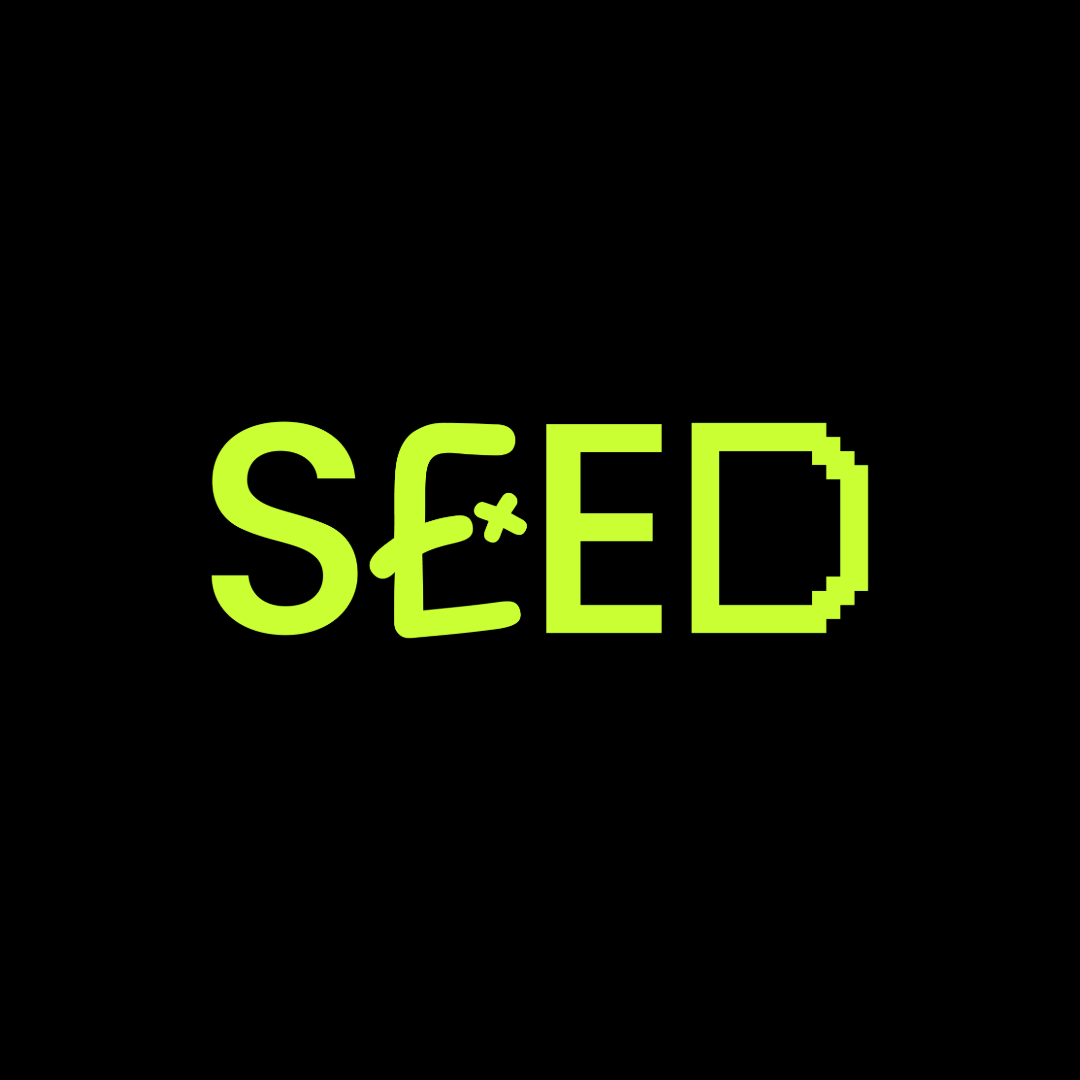

Seed Marketing

1.6
London Borough of Islington, United Kingdom
October 2025
Advertising & market research
Service with Minor Environmental Footprint
United Kingdom
Seed is a results-driven experience agency that turns creativity into conversion. Born from the UK’s first student-only music festival, the agency has been immersed in youth culture since day one - building a peer-to-peer network that sold over £3M in tickets before ever responding to a client brief. That founding story continues to shape how Seed works today: from within culture, through community, and with measurable impact at the core. Headquartered in London and working internationally, Seed partners with leading brands including Spotify, Revolut, Adobe and Amazon, creating experiences that people want to show up to, shout about and share. Its campaigns connect youth, culture and commerce - driving awareness, acquisition and long-term loyalty. Led by a female-founded, female-led leadership team, Seed’s culture is built on inclusivity, curiosity and collaboration. The agency combines lived youth insight with commercial expertise to help brands authentically connect with the next generation. Seed also serves as a launchpad for emerging talent, offering internships, graduate schemes and mentorship, and reinvests in its communities through ongoing support of the Young Urban Arts Foundation (YUAF), empowering young people through creativity and self-esteem.
Overall B Impact Score
Governance 15.9
Governance evaluates a company's overall mission, engagement around its social/environmental impact, ethics, and transparency. This section also evaluates the ability of a company to protect their mission and formally consider stakeholders in decision making through their corporate structure (e.g. benefit corporation) or corporate governing documents.
What is this? A company with an Impact Business Model is intentionally designed to create a specific positive outcome for one of its stakeholders - such as workers, community, environment, or customers.
Workers 33.5
Workers evaluates a company’s contributions to its employees’ financial security, health & safety, wellness, career development, and engagement & satisfaction. In addition, this section recognizes business models designed to benefit workers, such as companies that are at least 40% owned by non-executive employees and those that have workforce development programs to support individuals with barriers to employment.
Community 20.6
Community evaluates a company’s engagement with and impact on the communities in which it operates, hires from, and sources from. Topics include diversity, equity & inclusion, economic impact, civic engagement, charitable giving, and supply chain management. In addition, this section recognizes business models that are designed to address specific community-oriented problems, such as poverty alleviation through fair trade sourcing or distribution via microenterprises, producer cooperative models, locally focused economic development, and formal charitable giving commitments.
Environment 12.7
Environment evaluates a company’s overall environmental management practices as well as its impact on the air, climate, water, land, and biodiversity. This includes the direct impact of a company’s operations and, when applicable its supply chain and distribution channels. This section also recognizes companies with environmentally innovative production processes and those that sell products or services that have a positive environmental impact. Some examples might include products and services that create renewable energy, reduce consumption or waste, conserve land or wildlife, provide less toxic alternatives to the market, or educate people about environmental problems.
Customers 2.4
Customers evaluates a company’s stewardship of its customers through the quality of its products and services, ethical marketing, data privacy and security, and feedback channels. In addition, this section recognizes products or services that are designed to address a particular social problem for or through its customers, such as health or educational products, arts & media products, serving underserved customers/clients, and services that improve the social impact of other businesses or organizations.